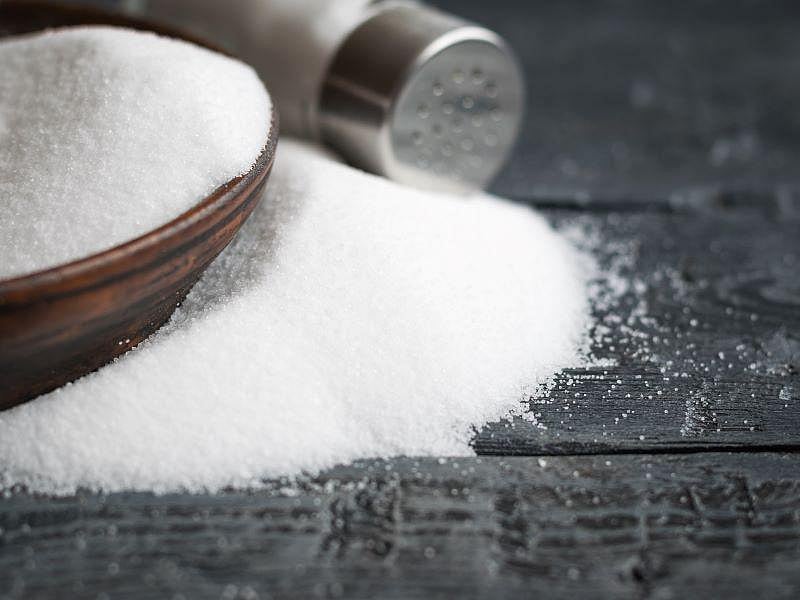ACC: Use of Salt Substitute to Prevent Stroke Is Cost-Saving

MONDAY, March 28, 2022 (HealthDay News) -- Among individuals with prior stroke or uncontrolled high blood pressure, replacing regular salt with salt substitute is a cost-saving intervention for reducing the risk for stroke, according to a study published online March 21 in Circulation, ahead of presentation at the annual meeting of the American College of Cardiology, held from April 2 to 4 in Washington, D.C.
Ka-Chun Li, from the University of New South Wales in Sydney, and colleagues assessed the cost-effectiveness profile of replacing regular salt with a reduced-sodium added-potassium salt substitute based on data from the randomized Salt Substitute and Stroke Study (20,995 participants followed for a mean of 4.7 years).
The researchers found that replacing regular salt with salt substitute reduced the risk for stroke (rate ratio, 0.86). The average costs were lower in the salt substitute group (Chinese Yuan [CNY ¥] 1,538 versus CNY ¥1,649 for the control group). For prevention of stroke as well as for quality-adjusted life-years gained, the intervention was dominant (better outcomes at lower cost). These findings were persistent, except when the price of salt substitute increased to the median and highest market prices identified in China. The salt substitute intervention had a 95.0 percent probability of being cost-saving and >99.9 percent probability of being cost-effective.
"Salt substitution is the only salt reduction intervention with grade 1 evidence demonstrating cost-saving protection against clinical events and should now be considered by all countries planning or implementing sodium reduction campaigns," the authors write.
Related Posts
Multidose BCG Protects Against COVID-19 in At-Risk Individuals
TUESDAY, Aug. 16, 2022 (HealthDay News) -- The multidose Bacillus...
Cuts and Stitches
As just about anyone who has chopped vegetables knows, minor cuts are a part of...
Language Can Make the Difference Between Home, Hospital Care: Study
FRIDAY, Oct. 29, 2021 (HealthDay News) -- It helps to speak English if you're a...
Los bebés y los niños pequeños producen una respuesta inmunitaria más fuerte a la COVID que los adultos
MIÉRCOLES, 23 de marzo de 2022 (HealthDay News) -- Una nueva investigación...
